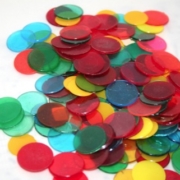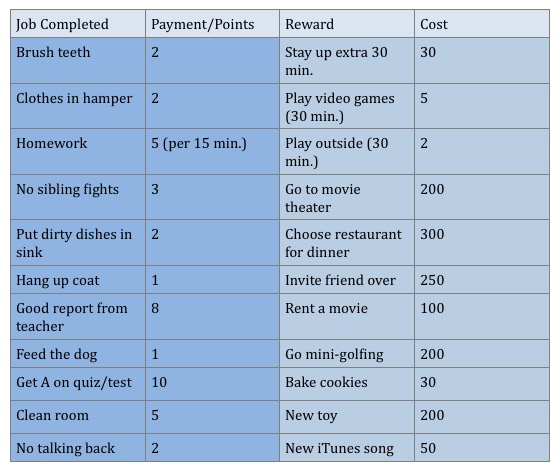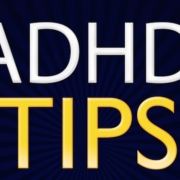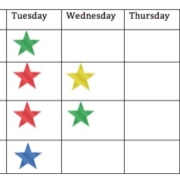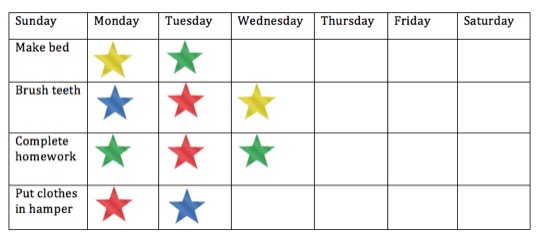Using a Home Point System
Setting up a point system for your child may be an effective way to both increase good behavior and properly and consistently reward this good behavior. An example of a point system is provided below.
It is important to modify this example to fit your own life. You may also wish to target behaviors that your child needs improvement in (completing homework, brushing teeth, etc.) and to modify the rewards based on your child’s interests (video games, playing outside, special food, etc.). Points can be tallied by the parent or can be represented physically using tokens (coins, bingo chips, etc.). As listed below, the child is rewarded with points for each task that he/she completes. Later, the child may “pay for” certain rewards using the points earned.
Contact Dr. Gordon for help with your ADHD. We have treatment and solutions available online, by phone, and in our offices.
written by: Brianna Malinowski, Jay Gordon, Ph.D
Barkley, R. (2013). Taking charge of ADHD: The complete, authoritative guide for parents (Third ed.). New York, NY: The Guilford Press.
Picture retrieved from: https://www.etsy.com/listing/152852009/100-vintage-multicolored-plastic-bingo on Sept. 24, 2015

